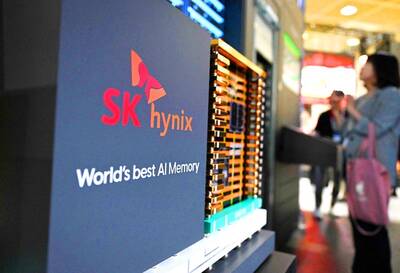Burger King has announced the sale of a 29 percent stake in the fast food chain and its upcoming return to the New York Stock Exchange, two years after it was acquired by an investment firm.
The announcement on Tuesday came one day after Burger King, which has long run a distant second to global hamburger giant McDonald’s, said it would overhaul its menu to entice new customers.
The group said in a statement that its principal shareholder, investment firm 3G Capital, had reached an agreement to sell a 29 percent stake to UK-based Justice Holdings Limited for US$1.4 billion in cash.
The transaction will allow 3G Capital to pocket some profits as the deal will value Burger King at US$4.8 billion, more than the US$4 billion it paid in October 2010.
The goal is to merge Justice Holdings and Burger King, rename the new entity Burger King Worldwide, move its headquarters from Florida to Delaware, and relist the company on the New York Stock Exchange.
“We believe that Burger King’s aggressive plans for international growth will benefit from its visibility as a NYSE-listed public company,” Justice co-founder Nicolas Berggruen said in a statement.
“We looked at many different opportunities over the last 14 months, but Burger King stood out as a unique global player in the expanding international quick service restaurant industry,” he said.
Under the deal, shares in Justice Holdings will no longer be traded in London.
The parties hope to complete the deal by early July.

Intel Corp chief executive officer Lip-Bu Tan (陳立武) is expected to meet with Taiwanese suppliers next month in conjunction with the opening of the Computex Taipei trade show, supply chain sources said on Monday. The visit, the first for Tan to Taiwan since assuming his new post last month, would be aimed at enhancing Intel’s ties with suppliers in Taiwan as he attempts to help turn around the struggling US chipmaker, the sources said. Tan is to hold a banquet to celebrate Intel’s 40-year presence in Taiwan before Computex opens on May 20 and invite dozens of Taiwanese suppliers to exchange views

Application-specific integrated circuit designer Faraday Technology Corp (智原) yesterday said that although revenue this quarter would decline 30 percent from last quarter, it retained its full-year forecast of revenue growth of 100 percent. The company attributed the quarterly drop to a slowdown in customers’ production of chips using Faraday’s advanced packaging technology. The company is still confident about its revenue growth this year, given its strong “design-win” — or the projects it won to help customers design their chips, Faraday president Steve Wang (王國雍) told an online earnings conference. “The design-win this year is better than we expected. We believe we will win

Power supply and electronic components maker Delta Electronics Inc (台達電) yesterday said it plans to ship its new 1 megawatt charging systems for electric trucks and buses in the first half of next year at the earliest. The new charging piles, which deliver up to 1 megawatt of charging power, are designed for heavy-duty electric vehicles, and support a maximum current of 1,500 amperes and output of 1,250 volts, Delta said in a news release. “If everything goes smoothly, we could begin shipping those new charging systems as early as in the first half of next year,” a company official said. The new

SK Hynix Inc warned of increased volatility in the second half of this year despite resilient demand for artificial intelligence (AI) memory chips from big tech providers, reflecting the uncertainty surrounding US tariffs. The company reported a better-than-projected 158 percent jump in March-quarter operating income, propelled in part by stockpiling ahead of US President Donald Trump’s tariffs. SK Hynix stuck with a forecast for a doubling in demand for the high-bandwidth memory (HBM) essential to Nvidia Corp’s AI accelerators, which in turn drive giant data centers built by the likes of Microsoft Corp and Amazon.com Inc. That SK Hynix is maintaining its